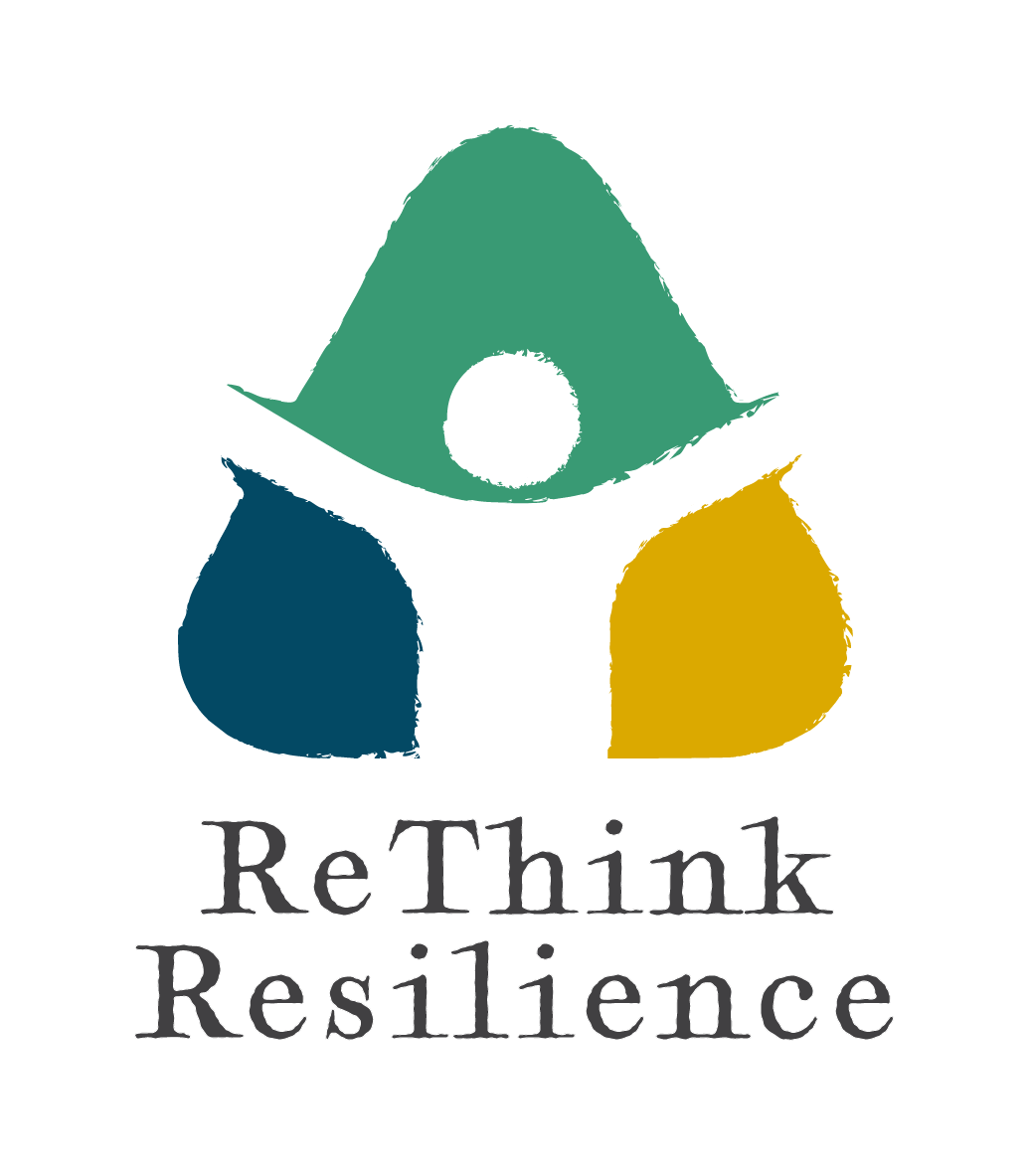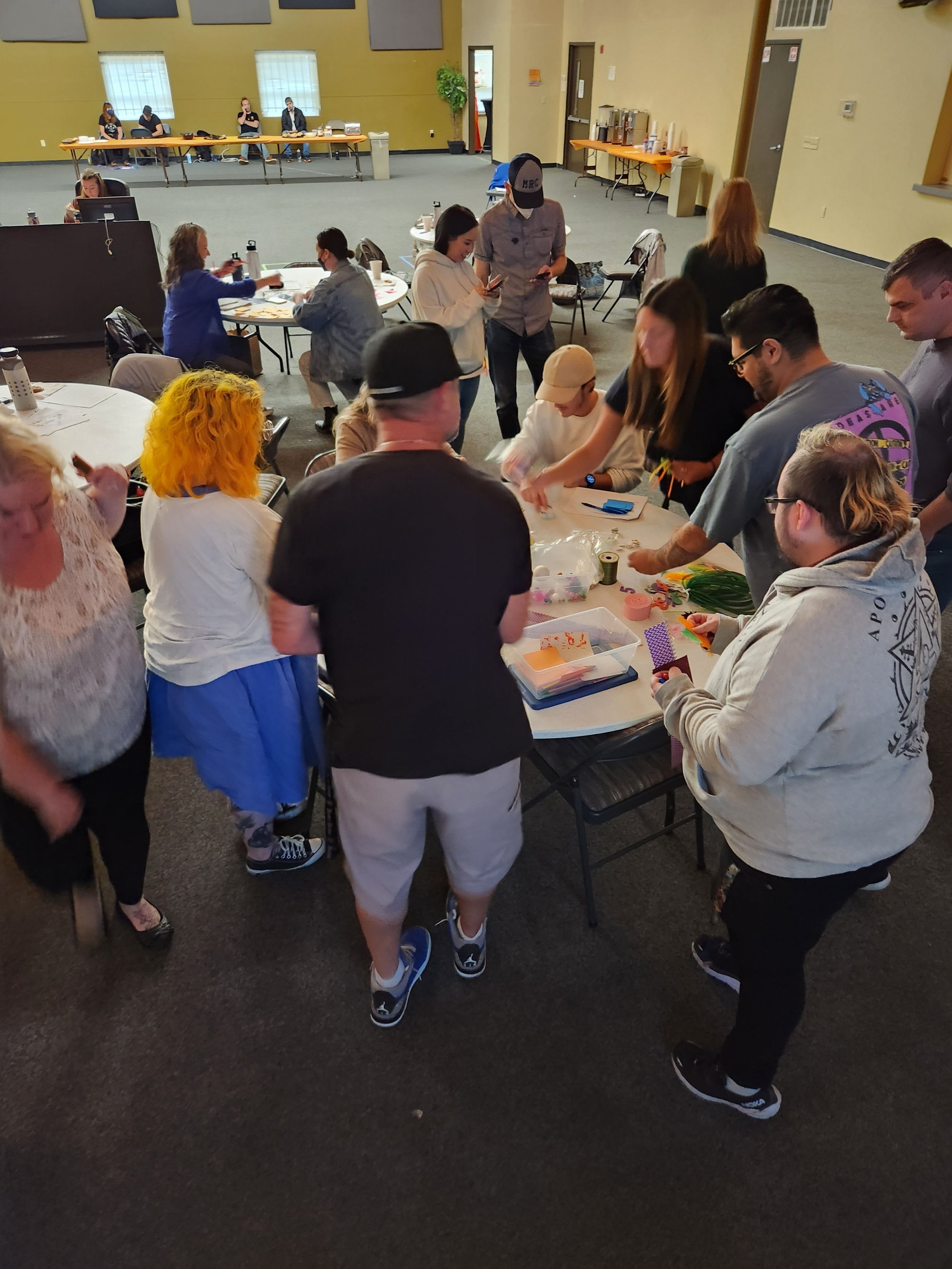
Services
Training and Coaching
Julie brings energy and effective communication to the training and coaching that she offers. She blends visual and verbal communication, as well as interactive activities, to support the many ways that people learn.
Individual Coaching Services are intended for organizational leaders and emerging leaders. Participants walk through an assessment process to guide their goals for coaching and develop an individual action plan. Coaching is grounded in resilience theory, cultural empathy and cultural humility. Leadership coaching has an impact on the whole organization through learning to ask the right questions that lead to increased confidence, innovation and creative problem solving.
Training is tailored to meet the needs of the audience, from keynote style to participatory skills building.
Organizational Training Packages are now available that include a blend of workshops, individual or group coaching, and support to incorporate learning into organizational culture and practice. Featured packages include:
Resilient Leaders: Leaders set the tone for the whole organization. Training focuses on identifying leadership challenges, developing personal resilience strategies, and using those skills to lead effectively and support organizational health.
Resilient Teams: Workforce has faced multiple impacts in recent years, from high turnover to weary workers. These changes affect the people we serve and the cost of business. Learn how to identify workforce needs, support employee resilience, and integrate these strategies into organizational practices.
Other training topics include::
Resilience in people and systems
Cultural Empathy
Human-Centered Design
Strengths Based Leadership
Investing in healthy children, families & communities
Prevention
Grant Writing
Design
Design impacts all aspects of what we do - from individual services to program development to system change. We approach design from a Human-Centered perspective that is grounded in cultural empathy. This differentiates us from other Human Centered Design work, which is traditionally grounded in empathy. Cultural empathy pushes us to understand the context of the people we serve - their experiences, values, beliefs, practices, and identity - to better understand how they think and feel.
Whether designing for programs or systems, design is a process that:
Begins with a deep understanding of the situation to be addressed;
Includes many voices - beginning with those who will use the services;
Remains open to adjustments and improvements as we learn together.
What matters most is the experience of the end user: the person, family, or community that will use what we are developing. The process is dynamic, engaging, and iterative.
Professional Writing
ReThink Resilience offers a range of professional writing services.
Assessment and Analysis
How does your organization know what actions to take? How do you prioritize your change initiatives or choose the best intervention? Good planning and decision making is grounded in a thorough understanding of the situation you want to address. This calls for meaningful assessments that include:
Data analysis
Focus groups
Best practice research
Key informant interviews
All of which leads to a deeper understanding of what the true need is.
ReThink Resilience can help you better understand your community, consumers, system, and other stakeholders to develop the best potential actions. A clear assessment of the situation will lead to better design responses and ultimately, outcomes that make a difference.
Writing products include community assessments, community planning tools, and policy briefs.
Grant Writing
ReThink Resilience has an extensive history of both grant writing and preparing application packages for funders. This provides the benefit of understanding the needs and experiences of both grantees and grantors. I have written over 200 grants for organizations as an employee and consultant continuously since 1990, maintaining a 75% success rate. Funders include private foundations, corporations, and city, county, state, and federal government. Highlights include:
Evidence-Based Youth Drug Treatment Implementation Project.
Funder: Substance Abuse and Mental Health Services Administration.
Organization: LifeWorks NW, 2002. $800,000 over four years.Family Involvement Team.
Funder: Office for the Administration of Children and Families: Children’s Bureau.
Organization: Collaborative proposal led by Multnomah County, 2006. $5,000,000 over four years.Access to Recovery. Funder: Substance Abuse and Mental Health Services Administration.
Organization: Oregon Addiction and Mental Health Services Division, 2010.
$4,000,000 over four years.Certified Community Behavioral Health Centers State Demonstration Grant.
Funder: Substance Abuse and Mental Health Services Administration.
Organization: Oregon Health Authority, 2016.





